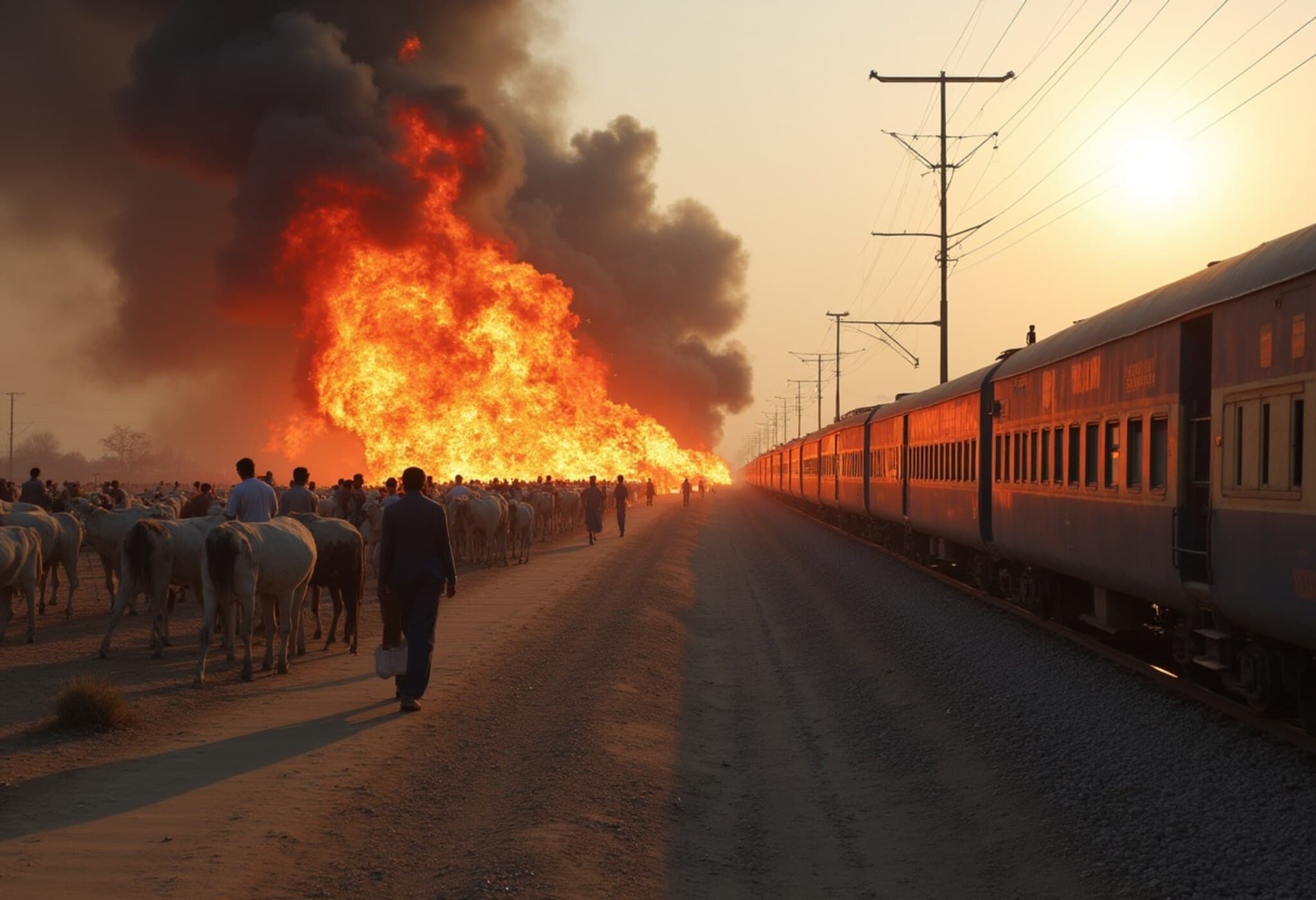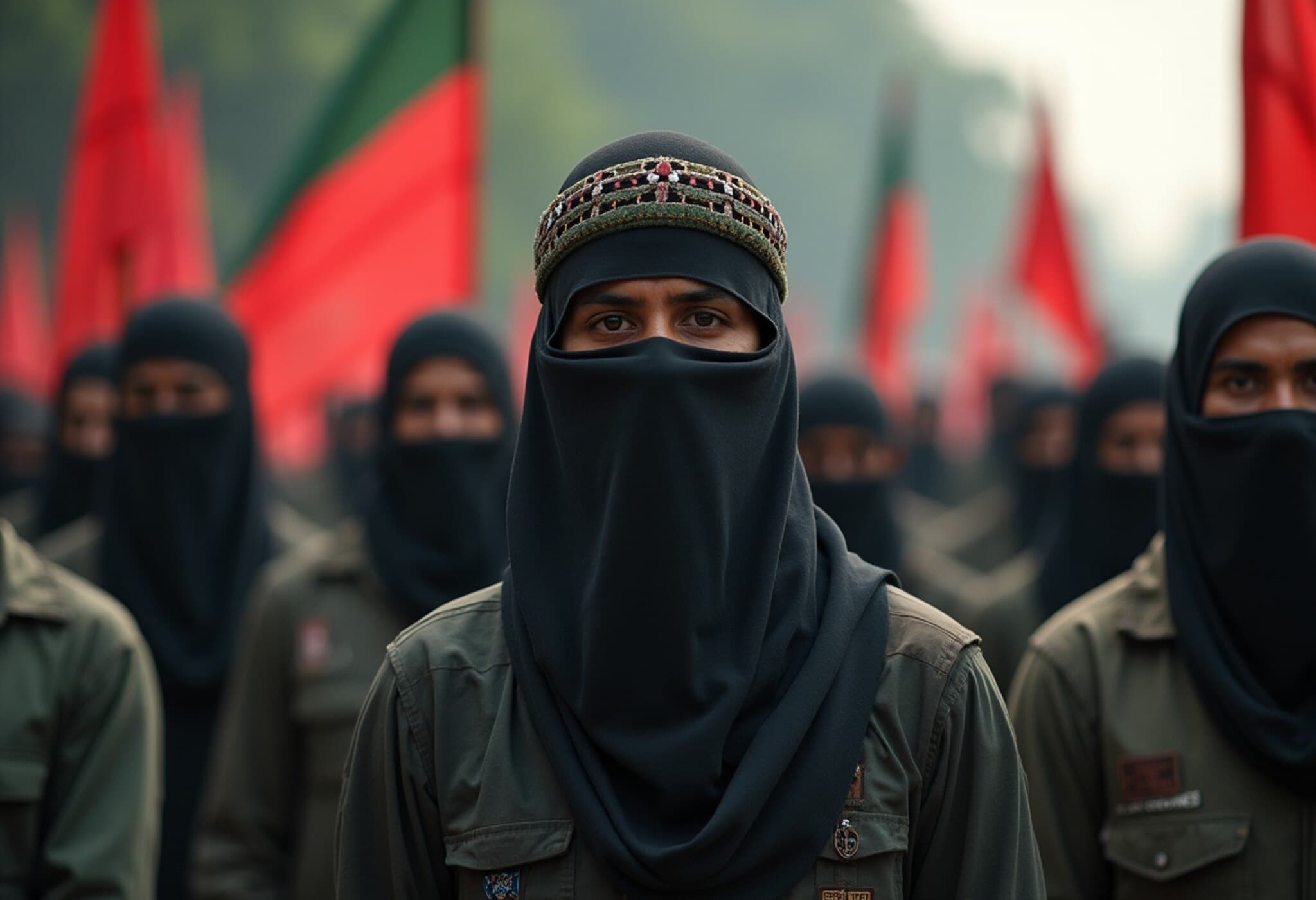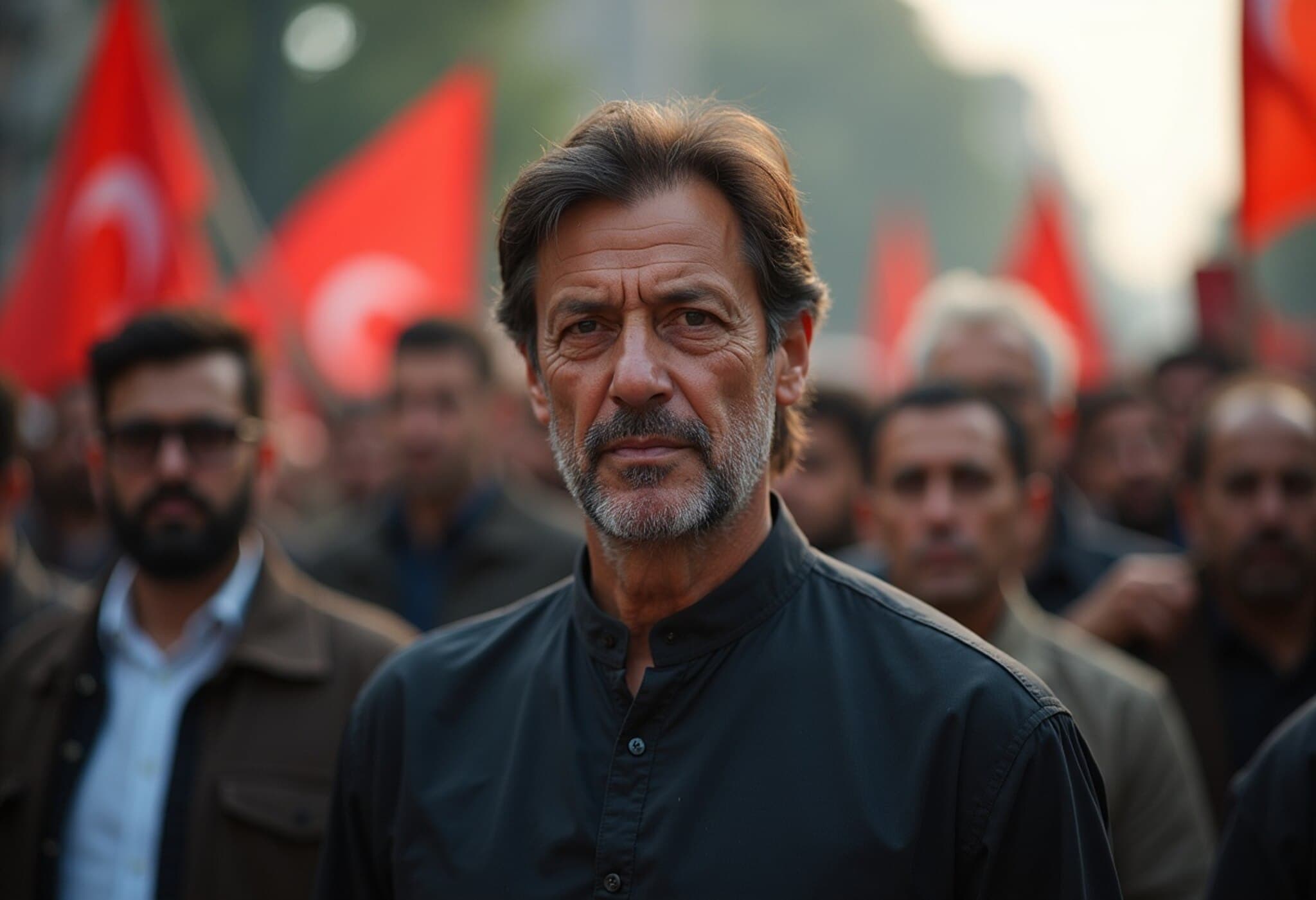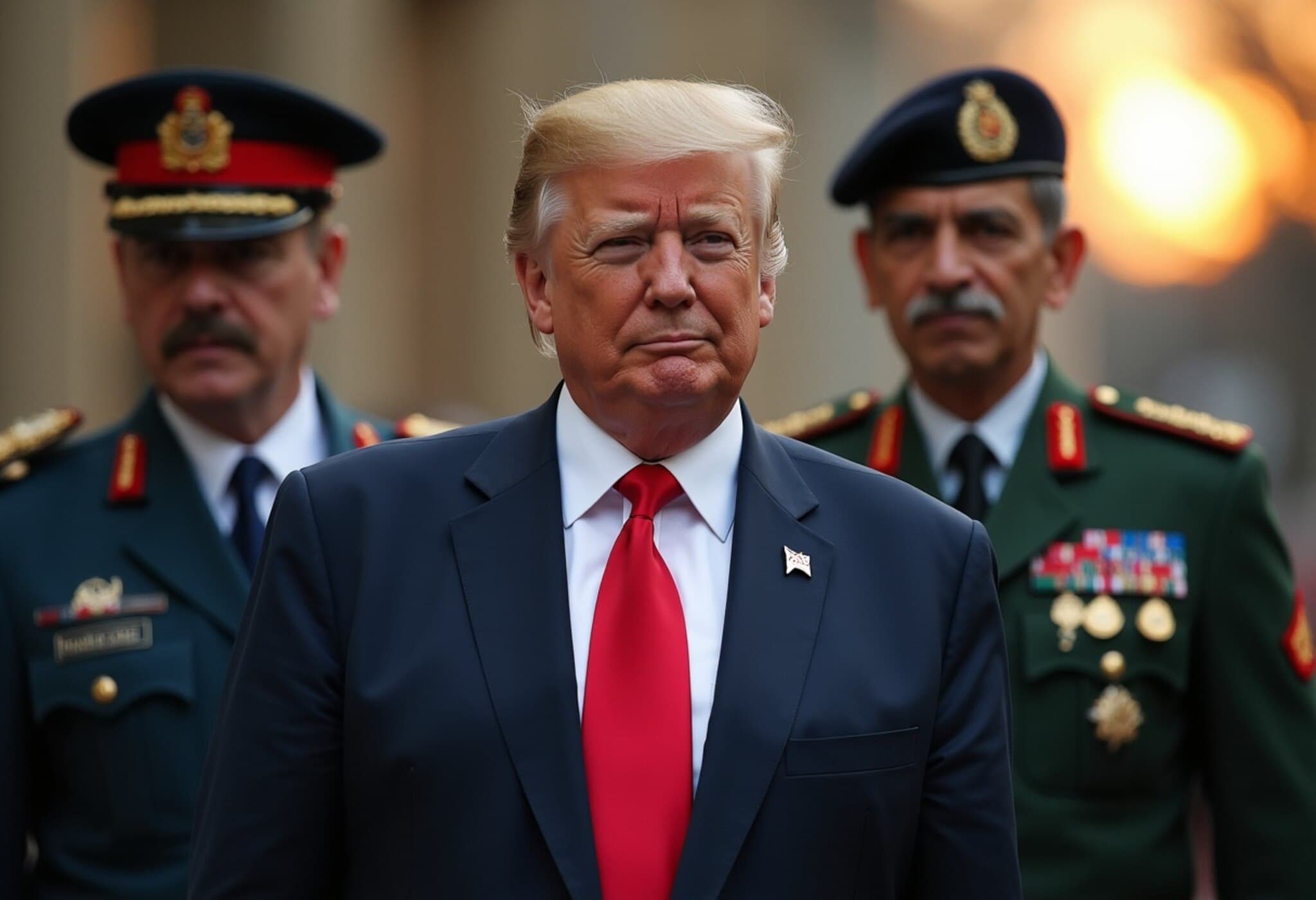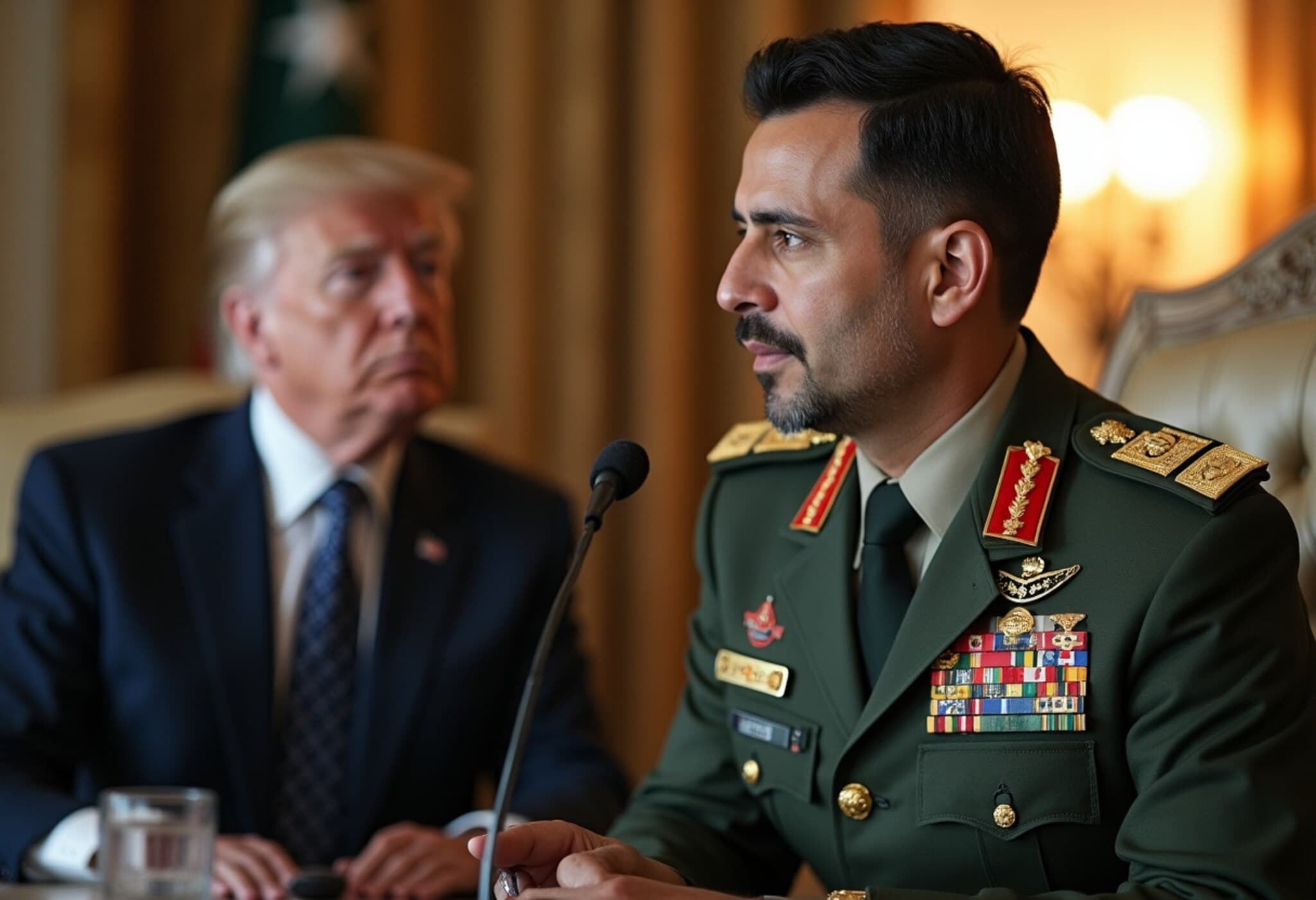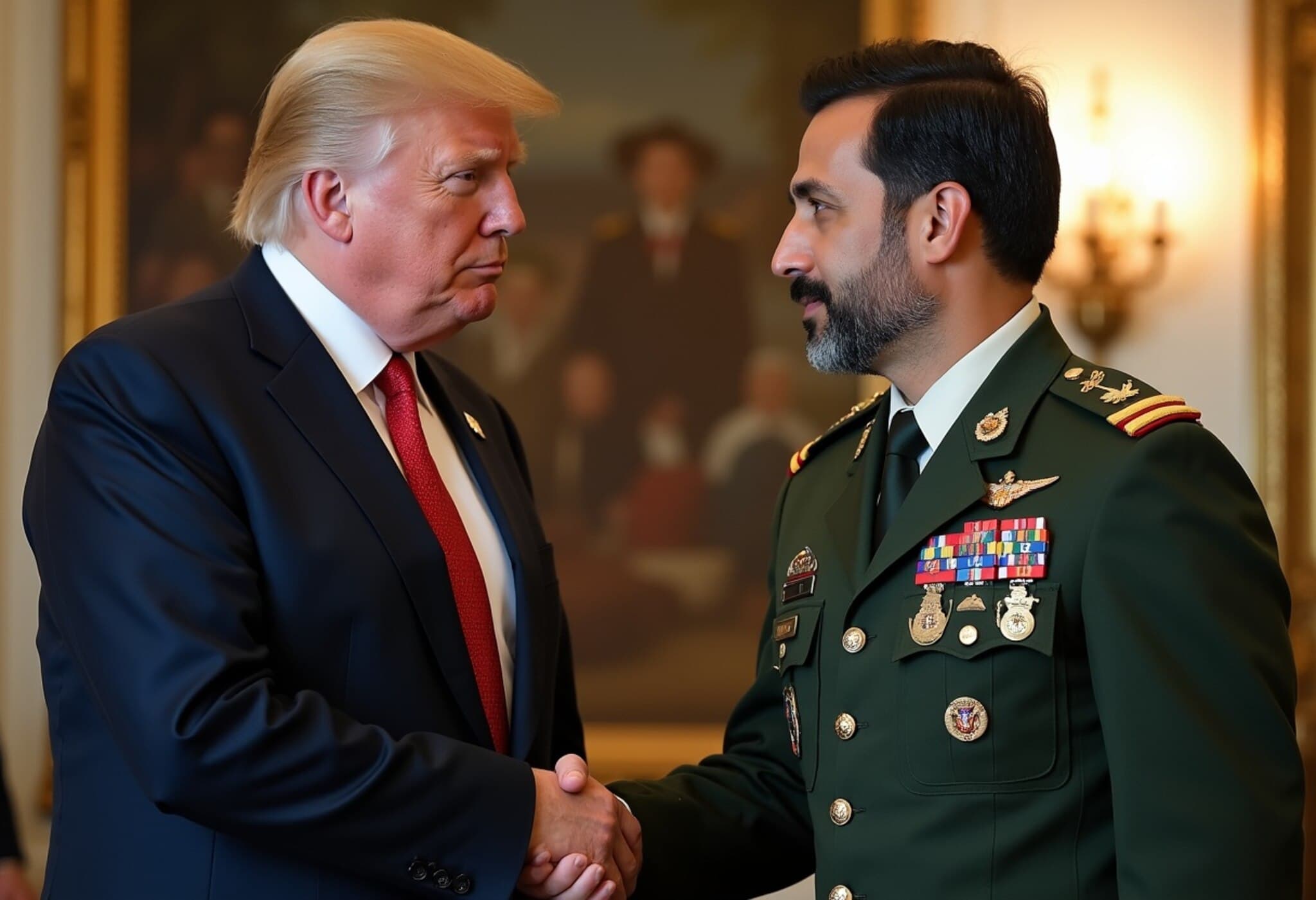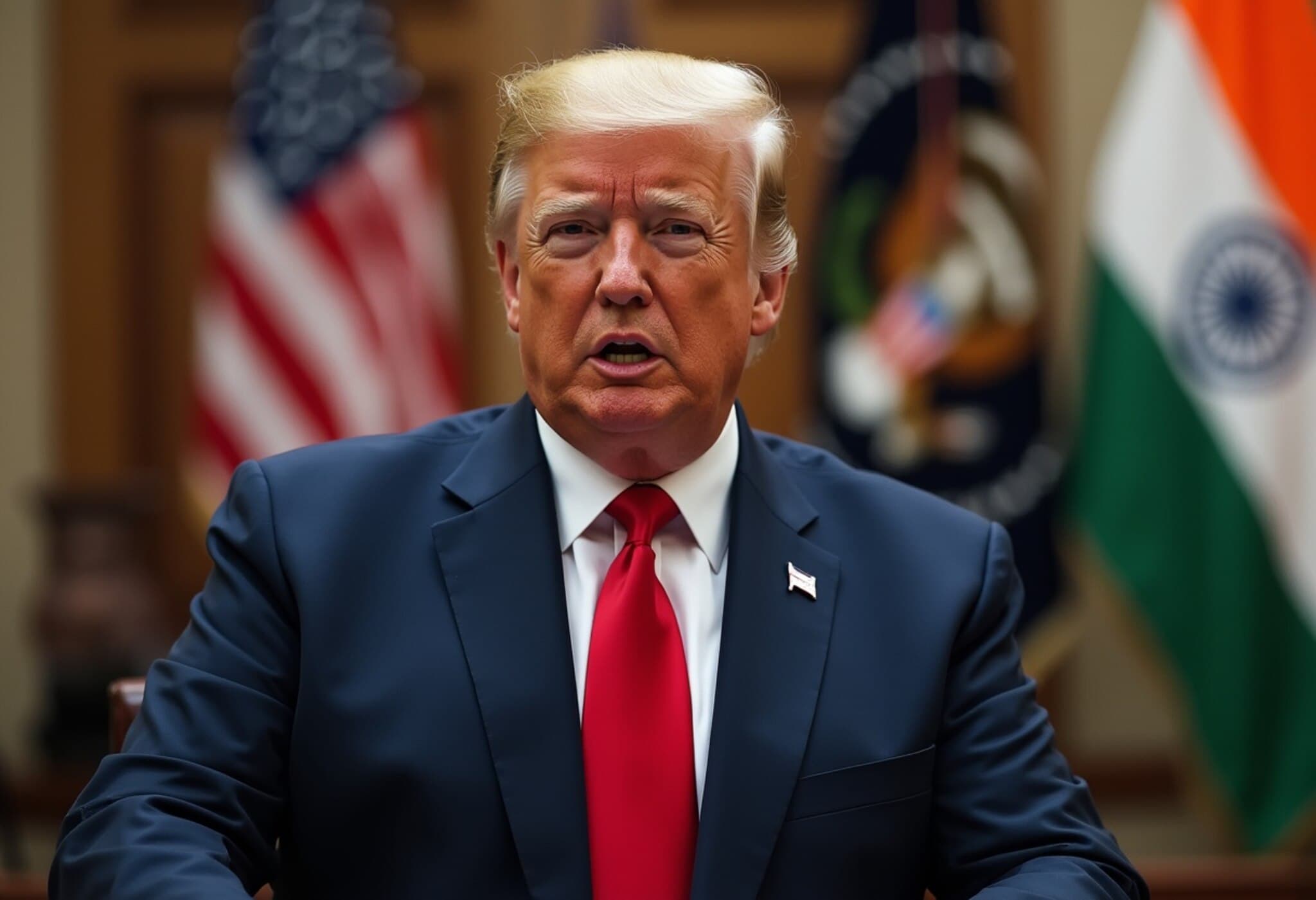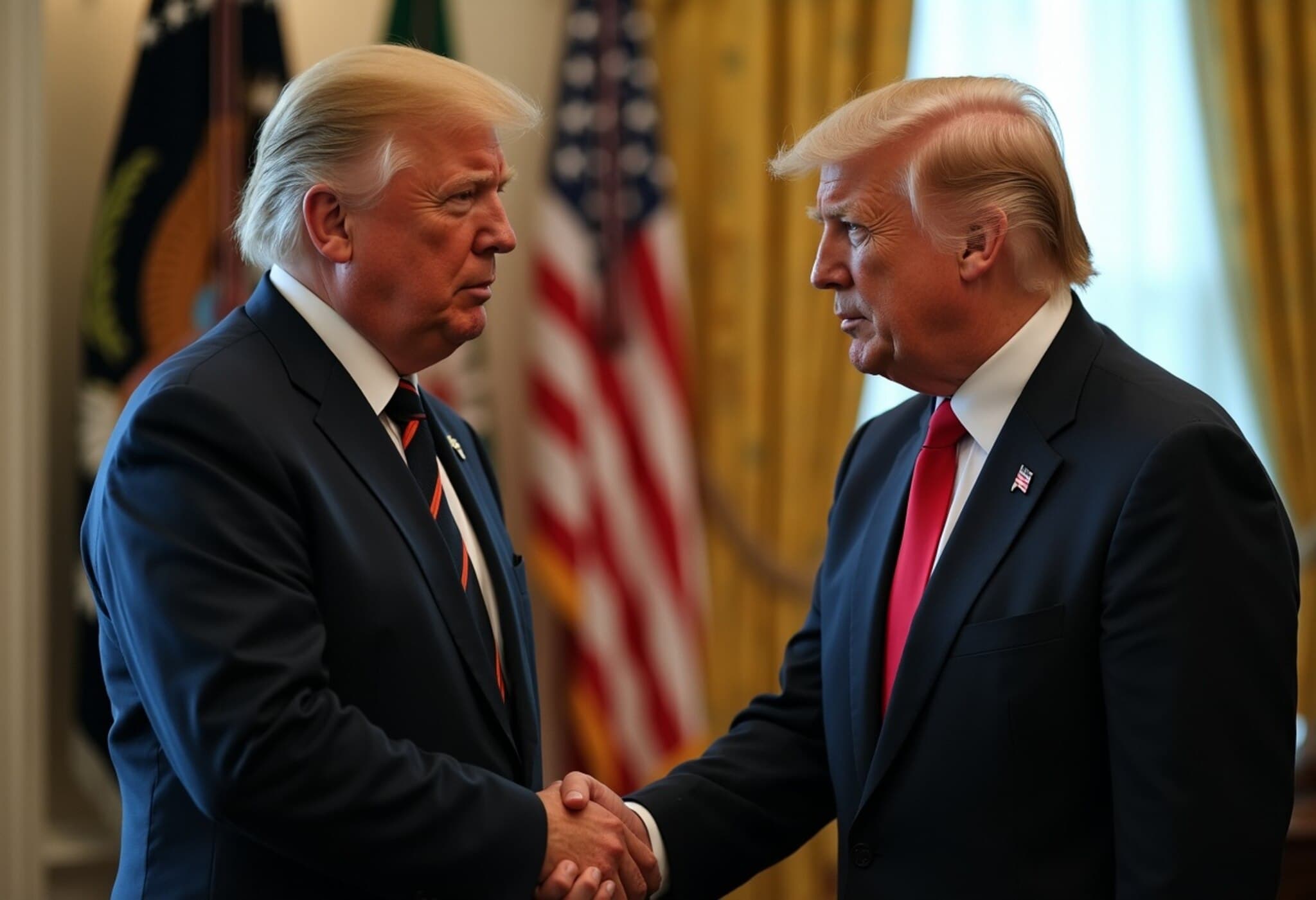Former Pakistani Officer Accuses Army Chief Asim Munir of Political Ambitions
Major (Retd) Adil Raja, a whistleblower and ex-Pakistani army officer now living in exile in the UK, has made serious allegations against Pakistan's army chief, General Asim Munir. Raja claims that Munir is orchestrating a strategic power grab to dominate Pakistan’s political landscape by installing close allies in key leadership positions, reminiscent of past military takeovers.
A Musharraf-Style Political Play?
In a candid interview with India Today, Raja outlined a purported plan: Munir aims to position himself as president or have a trusted general take that role, while his brother-in-law ascends to the prime ministership. This mirrors the controversial model of former military ruler Pervez Musharraf, who balanced direct military control with a civilian government facade. Raja suggests this could be Munir’s blueprint for consolidating military hegemony under the guise of accountability and reform.
Lawfare and Libel in the UK: Silencing Dissent?
Beyond political maneuvering in Pakistan, Raja accused Munir and the Directorate General of Inter-Services Intelligence (DG ISI) chief Lt Gen Asim Malik of exploiting the UK’s lenient defamation laws to suppress dissent abroad. Raja faces a Strategic Lawsuit Against Public Participation (SLAPP) filed by Brigadier Rashid Nasir, the ISI’s Punjab sector commander, which Raja contends is a calculated attempt to muzzle him.
Raja emphasized that after a nine-month investigation, UK counterterrorism authorities cleared him of terrorism charges, highlighting that the defamation suit is a fallback tactic by Pakistan’s military establishment to intimidate critics. He remarked, “The UK is the libel tourism capital of the world,” quoting prominent legal expert King’s Counsel Geoffrey Robertson to underline how weak libel laws can be weaponized against whistleblowers.
The Human Cost: Family Under Pressure
Adding a deeply personal dimension, Raja disclosed that his family in Pakistan endures harsh repercussions. His mother, subjected to a form of house arrest, has had her passport canceled, effectively curtailing any travel and blocking Raja’s return home. Moreover, the nationalities of his entire family have been reportedly revoked.
Raja also revealed alarming acts of intimidation linked to his legal battle, including an acid attack on a witness, Shahzad Akbar, within the UK. Raja attributes this to the ISI’s ongoing efforts to silence all voices revealing military overreach.
Exposing Military Dominance Comes at a High Price
Court-martialed in absentia and sentenced to 14 years under Pakistan’s Official Secrets Act, Raja insists his wrongdoing was limited to unveiling uncomfortable truths about his former institution. He charges Pakistan’s military with manipulating governments, influencing judicial systems, and rampant corruption — issues rarely scrutinized in depth by mainstream discourse.
Expert Perspective: The Civil-Military Balance in Pakistan’s Fragile Democracy
Pakistan’s history is rife with military interventions shaping civilian politics, often under the pretense of national security or anti-corruption drives. Experts argue that the military's deep entrenchment in governance significantly undermines democratic institutions and civilian supremacy.
Raja’s allegations underscore these persistent challenges and raise critical questions about the resilience of Pakistan’s democracy when top military leaders intervene overtly in political affairs.
What This Means for Pakistan and Regional Stability
- Domestic Implications: If true, Munir’s alleged plan signals a renewed phase of military dominance, potentially further eroding civil liberties and political plurality.
- International Angle: Using foreign legal systems to intimidate critics highlights transnational repression tactics, posing concerns for diasporic communities seeking refuge abroad.
- US and Western Interests: The stability of South Asia and democratic norms in Pakistan remain crucial for regional security and counterterrorism cooperation.
Editor’s Note
Major (Retd) Adil Raja’s revelations act as a stark reminder of the complex relationship between Pakistan’s military and civilian governance. As global audiences watch closely, questions loom about the future contours of Pakistan’s democracy. This unfolding saga is not merely about individual ambitions but speaks to a broader systemic struggle over power, transparency, and accountability. How Pakistan navigates these challenges will have profound implications for its people and the wider region.


